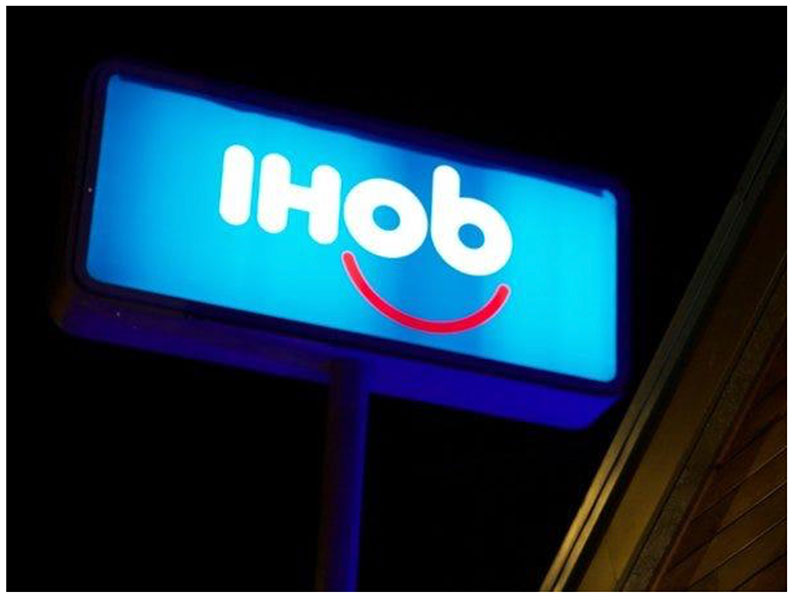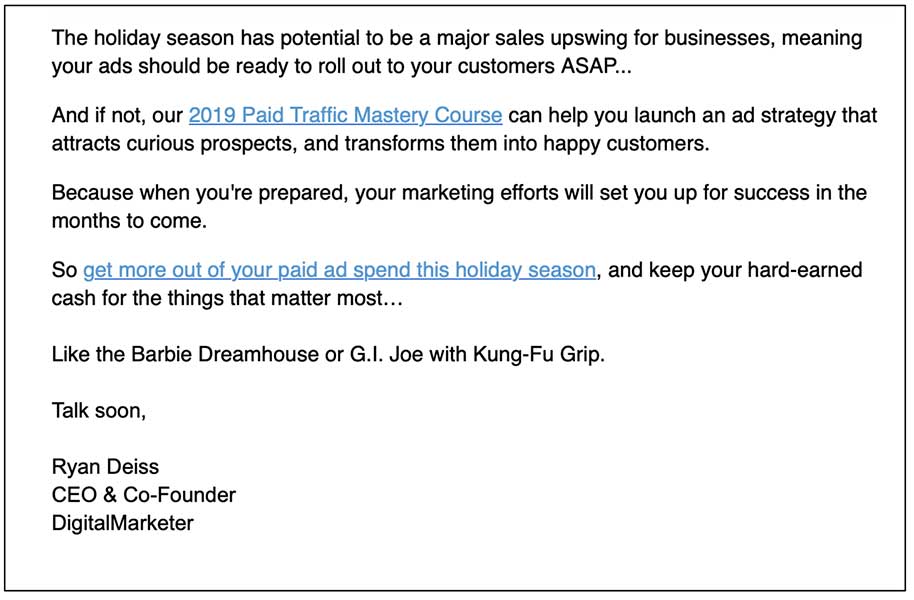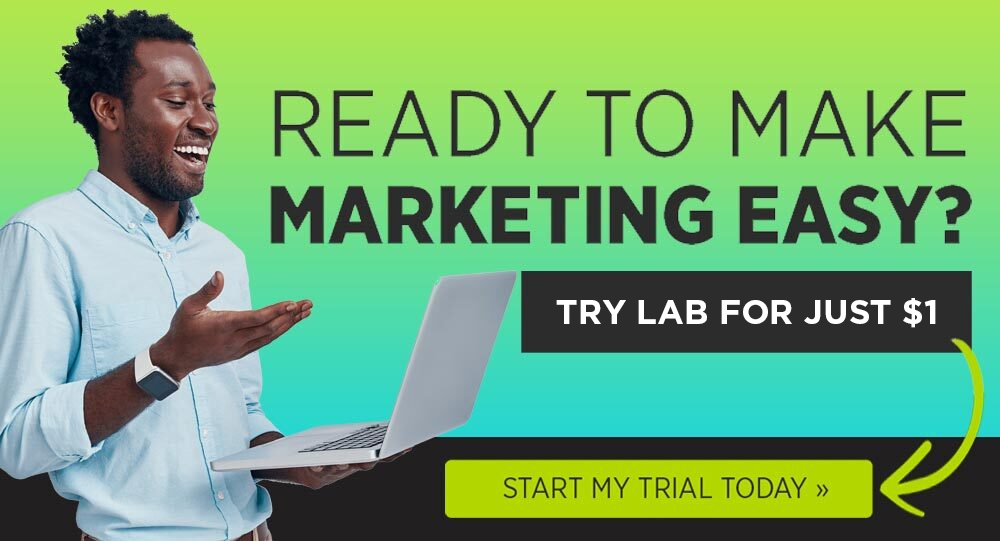Utilizing Comedy in Promoting: Who Ought to Use It, When to Use It, and The place to Use It

Comedy in your advertising can really take you far. We’re talking about 100 million views on YouTube so far.
We don't want to mention the Harmon Brothers in an article about comedic ads. Their viral ads have garnered tens of millions of views, turned viewers into customers and created brands that are difficult to forget.
Have you ever heard of Squatty Potty, Poo Pourri or Purple mattresses?
If so, then you've seen the Harmon Brothers at work. They are a great illustration of the power of comedy in ads and why, even if you don't think you have the right product, you can probably add comedic relief to your campaigns.
Here's the breakdown of who should use comedy in their ads, when they should use it, and where to use it for the most impact.
Who should use comedy in advertising?
When it comes to comedic ads, companies often think that this is simply not suitable for their audience. While this may be true in some cases, it is completely false in others. For example, the use of comedy in ads based on products like Squatty Potty and Poo-Pourri seems like low-hanging fruit.
The use of comedy for products like mattresses, deodorants and tongue cleaners is not that obvious. Nevertheless, the Harmon Brothers made ads for these products viral.
Purple mattress:
Lume deodorant:
Orabrush:
They are a proven case study that proves that you can bring comedy to almost any company. How do you get these creative comedic ideas flowing?
In their book Poop to Gold, the Harmon Brothers describe their creative process as the need to create a specific culture within their agency / business / marketing team. Executives, marketing managers, and superiors must trust their team, their team must trust them enough to share ridiculous ideas (like a pooping unicorn), and they must trust each other for the essential collaborative environment of a viral ad.
Most companies can use comedy in their ads as long as they don't sell anything serious. For example, pharmaceutical companies should probably suspend this.
When do you use comedy in your ads?
A strong time to use comedy in your ads is at the very beginning of your marketing efforts. If the majority of your target group does not know your product, it can be the reason that you come into contact with a funny advertisement. There will also be a big difference between you and the competition.
In one of the most competitive advertising word industries, home and tenant insurance company Lemonade uses lighthearted advertising to make their social media platforms a comfortable place for potential customers.
Your entire social media strategy is to dip everyday objects with the hashtag #CoveredByLemonade in pink. Here is a screenshot of her Instagram feed:

If you haven't used comedy in your ads yet but want to start, don't get stuck where you are. You can certainly start to include comedy in your digital advertising strategy either by creating smaller comedic references or by completely renaming your style and tone.
Mega companies have done this before – they have renamed themselves with a side of comedic relief, although they were originally known for general mid-the-middle branding.
Do you remember the infamous iHOP campaign after which the pancake house changed its name to iHOB, International House of Burgers? The comedic rebranding went viral and they sold four times more burgers than before the campaign started. Fortunately, it was just a marketing campaign and not an actual rebranding (long live the pancakes), but it was a great lesson for marketers to add comedy to a previously non-comedic brand.

Remember, if you already have a customer base, you want to make sure that they want comedy just like you. Rebranding can be a dangerous game if not done properly. You don't want to lose dedicated customers because they no longer recognize your brand and feel alienated from them.
Where to use comedy in your ads
When you decide that your product fits a comedic brand voice and that your customer avatar appreciates it, it's time to find out where you will entertain your audience.
For example, you can focus on YouTube videos like the Harmon Brothers or explore some of the many other options.
You can create an email funnel to launch your new SaaS product. The entire funnel can have a comedic brand voice, which makes your subscribers much more interested in reading the next email they receive.
This is a great way to get people excited about your next point of contact instead of getting bored with another email ad.
This is a strategy that DigitalMarketer has used for years. We take marketing very seriously and don't know what you need to do to get the conversions you want. However, we are not here to be your boring middle school science teacher.
That's why you'll always find a keynote of comedy in our emails, blog posts, and even Ryan Deiss, who holds his keynote on stage at the Traffic & Conversion Summit.
Here is a summary of Ryan's keynote from Traffic & Conversion Summit 2019: Ryan Deiss at the end of marketing as we know it (and I'm fine)
Or you can find a basic tone for humor in our emails:

If you choose to use comedy in your ads, it must appear on all of your platforms – from the website, to the email funnel, to social networking sites to thank you. This is because comedy has become an integral part of your brand voice.
Your brand voice fits into a spectrum between playful and decisive. With comedy you tend to the playful side of the spectrum. This means that your target audience always expects a playful type of content that they read from you, even if it isn't always full of comedy (e.g. product descriptions).
If you are reading this article, you are probably thinking about adding comedy to your marketing strategies. The best way to do this is to sit down with your team, get the dry erase markers, and develop the most ridiculous ideas you can. Then let the team go through each idea and vote and narrow the list down to the three main options.
From there, look at your target group. Which of these ads would you get the most from (i.e. which one is guaranteed to make you laugh)?
When you have created your ad, be sure to let us know, because we also like to laugh.

